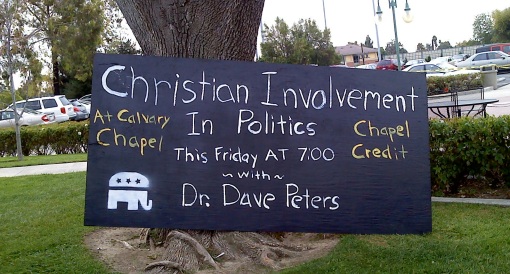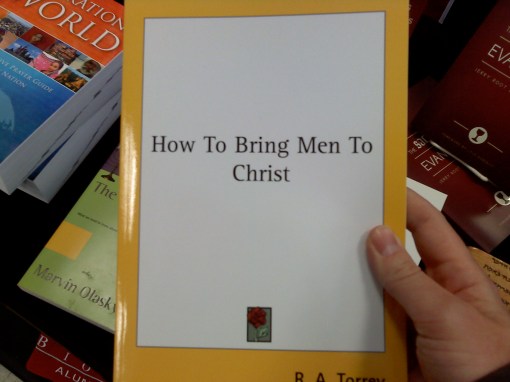The following are a compilation of photos I’ve snapped in the day-to-day. Some looked innocent at first glance but upon further thought I found they served to perpetuate stereotypes that ‘capture’ and render us limited in our identities. Others are a glimpse into a life that can so easily be seen as ‘normal’, that is in fact, just one of many ways of seeing the world. We must acknowledge that our paradigms shape how we see the world, and the world shapes our paradigms. My intention is not to call out any person, company or organization but to call all of us to a greater level of examination of our paradigms and what shapes them.
Difficult times indeed. First world problem?
Missing: Donkey. Lost during the Modernist/Fundamentalist Split.
White men this way!
I’ve seen another (probably more recent) version of this sign that says “crew working”, utilizing gender inclusive language.
I saw this ad in an airport and literally stopped in my tracks, mouth gaping open. If we assume the astronaut is male (especially based off of the proximity and intimacy with the main child) then there is only one woman portrayed in the image as a role model, hero, or someone to look up to. And she’s a princess. Note how the color differences in their outfits point to their gender.
Those who hold privilege in society are granted the ability to assume that their experience is ‘normal’. We assume that others’ experiences are like ours. While R.A. Torrey may have intended this book to be about evangelizing both men and women, he most likely overlooked the ways the genders experience the world differently. Non-inclusive language assumes that the experience of women is the same as men.
It’s impossible not to draw conclusions between the feminine brand name of the wine and the reference to promiscuity. What does this suggest about women who drink?
I thought I may have been looking too hard for objectification in this billboard (“she” + “thing” + “beauty”) but a friend told me about another ad (below) that confirmed my suspicions.
While searching for a picture of this billboard, this one popped up. Originally the billboard has the same caption: “She is a thing of beauty.” Is it referencing the beer, the woman… or both? I think we know. What does this say to men about permission to gaze at women in this way? The Billboard Liberation Front “improved” this sign to clarify the impact that it has on its viewers. It’s also important to note that the upper or upper-middle class individuals in this photo are both White.
Perpetuating the lie that women who hold positions of power hate and are a threat to men. Of the six professionals portrayed in this billboard, five are men and all are White.
A White female jockey, wearing pink and white. Is she whipping the horse or… ?
Spotted at my local lavanderia. Congrats, women! We can now choose a laundry soap that fits with our personality! Calm, passionate, or sexy. No overlapping allowed – you must choose one.













